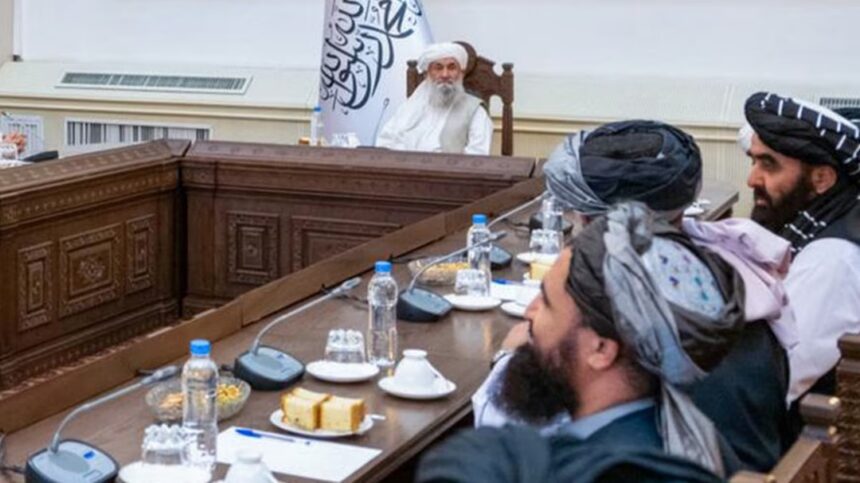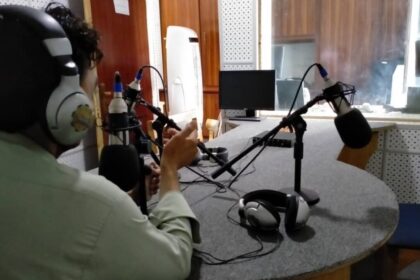RASC News Agency: The opaque policies and systemic corruption of the Taliban have led to a dramatic rise in administrative costs across Afghanistan. According to field reports, the Taliban have transformed the process of official document registration into an extortion scheme by introducing unnecessary bureaucratic hurdles. Prior to the Taliban’s takeover, the cost of registering and certifying official documents at the Ministry of Foreign Affairs was a mere 100 Kabuli rupees, with applicants receiving their services quickly and without additional obstacles. However, the current reality is far different, as the process has been made more complicated and costs have skyrocketed more than tenfold. Under the new procedures imposed by the Taliban, individuals are now required to resubmit their documents to the same ministry that originally issued them. At this stage, approval is granted only after individuals pay substantial fees, with no genuine review of the documents. Following this, the documents are sent to the postal department before being forwarded to the Ministry of Foreign Affairs. This convoluted procedure has not only caused significant delays but has also driven the final cost of certifying a document to over 1,000 Kabuli rupees.
Jawid Ahmadi, a Kabul resident who faced difficulties in certifying his academic documents, shared his frustration with RASC News Agency: “Previously, we could register our documents within a day and at a very low cost, but now we are forced to spend several days running around and pay multiple times the previous amount. Even at government offices, ordinary citizens tell us that nothing will be processed unless bribes are paid.” Mohammad Nasir, an Afghanistani businessman who needed to certify his commercial documents, described a similar experience: “I had to send a business contract abroad. In the past, it took less than a day for the Ministry of Foreign Affairs to certify it. Now, after two weeks, my document is still stuck in the postal office unless I pay extra to speed up the process.”
Roshan Haidari, a lawyer based in Kabul, confirms that corruption has spread across all Taliban-controlled institutions: “The Taliban have not only complicated the system, but they are also exploiting the public. They have devised new ways to siphon money from people, turning document registration fees into a source of revenue for themselves.” The artificial barriers in the document certification process are part of the Taliban’s broader strategy of extorting citizens. They have weaponized bureaucratic processes as a systematic means to generate income and fund their operations. According to internal sources, the substantial amounts collected from these corrupt practices are funneled into the pockets of Taliban commanders and used to strengthen their internal networks.
Ahmad Zia, an economic analyst, explains: “The Taliban are using corruption and bureaucratic theft as tools to control the population. When people are forced to pay excessive fees for even the simplest government services, they have little choice but to submit to the system.” The tenfold increase in administrative costs is only one manifestation of the widespread corruption under Taliban rule. This growing trend may result in increased migration, reduced investment, and greater distrust in government institutions. While the Taliban claim to be establishing security and stability, the stark reality suggests that the group is systematically exploiting Afghanistan’s financial resources through organized corruption. In this environment, the future of Afghanistan’s bureaucracy appears uncertain, with corruption and extortion likely to remain the primary instruments of Taliban governance.






